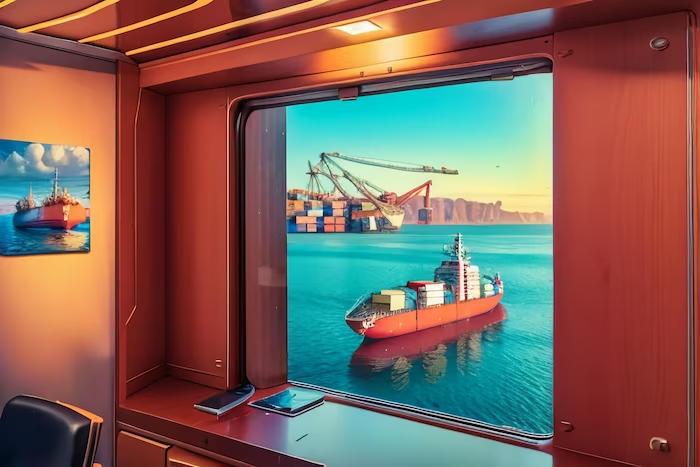and Implications

Introduction
Welcome to the Comparative Analysis of Marine and Cargo Insurance presentation. Today, we will explore the distinctions and implications of these two types of insurance in the shipping and logistics industry. Gain a deeper understanding of the key differences and their impact on businesses involved in international trade.

Definition of Marine Insurance
Marine insurance provides coverage for risks associated with the transportation of goods by sea. It safeguards against losses or damages to cargo, vessels, and related liabilities during transit. This type of insurance plays a crucial role in mitigating financial risks for shippers, consignees, and other stakeholders involved in international maritime trade.

Definition of Cargo Insurance
Cargo insurance specifically focuses on protecting the goods being transported against risks such as theft, damage, or loss. It covers various modes of transport, including sea, air, road, and rail. Cargo insurance provides peace of mind to exporters and importers by compensating for financial losses incurred due to unforeseen circumstances during transit.

Key Differences
Marine insurance primarily covers the vessel and related liabilities, while cargo insurance focuses solely on the goods being transported. Marine insurance is often mandatory for vessel owners, whereas cargo insurance is typically optional but highly recommended for exporters and importers. Understanding these distinctions is crucial for businesses to make informed decisions regarding their insurance needs.



